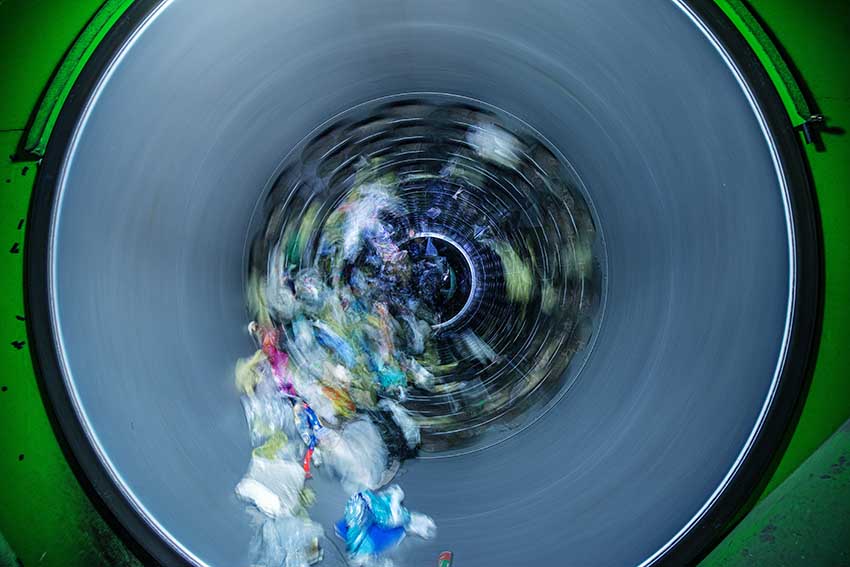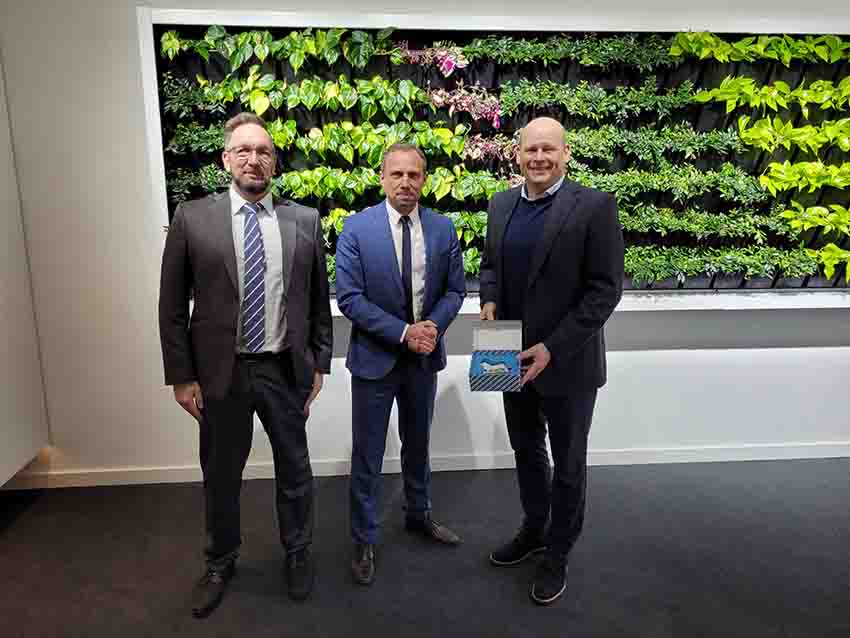VBS Association of Bavarian Waste Management Companies has stood and stands for innovation, quality standards, fair competition, partnership with the municipalities and the economy – as well as a medium-sized and Bavarian DNA since it was founded in Munich in 1973. The company has been working for a long time to ensure that politicians understand the circular economy as a decisive lever for them to remain a high-performing business location and still achieve ambitious climate goals.
VBS does this together with partners, especially with the BDE Federal Association of German Waste Management, Water and Circular Economy and the vbw – Association of Bavarian Business.
Interview with Rüdiger Weiß, General Manager at Verband der Bayerischen Entsorgungsunternehmen e.V.
Easy Engineering: What are the main areas of activity of the organization?
Rüdiger Weiß: In order to be able to represent the interests of the members in the best possible way, the VBS ensures positive, trust-based cooperation with politicians and public institutions – but does not shy away from publicity campaigns if professional exchange and direct communication do not have the desired effect. The regular exchange with members of parliament, ministries as well as the city and district council ensure that the association is heard.

The member companies put their skills at the service of the common cause. The goal: pragmatic, implementable and affordable solutions for the sustainable handling of waste. Securing the common good is also a priority. For example, the VBS is a committed participant in the Bavarian Environmental Pact and a partner of the Bavarian Climate Alliance.
E.E: What’s the news for 2023 about new directions?
R.W: Above all, we see impulses for the further expansion of the circular economy from two main drivers: the EU Green Deal and the effects of the war of aggression against Ukraine.
The EU Green Deal sets very ambitious targets for the circular economy and many other policy areas. If it is actually implemented as planned, it will introduce a new economic model. Recycling should contribute more significantly than before to the substitution of primary materials in order to accelerate the decoupling of emissions from economic growth.
Shortly after the start of the Ukraine war, the German finance minister Christian Lindner described renewable energies as freedom energies. We are convinced that this can also be transferred to the circular economy: modern waste treatment makes an important contribution to securing our freedom. Recyclates already provide a significant share of the supply of our industry. The constant further development of our industry is the opportunity to further reduce import dependencies.

Another topic is the EU clean vehicle directive. Some legally binding specifications for public clients for procurement are derived from the law. Minimum targets for low-emission heavy commercial vehicles are specified, which also includes service contracts for the collection of municipal waste. In general, it is correct that with the law on the procurement of clean road vehicles, politicians want to take greater account of the CO2 savings potential of alternatively powered vehicles in public tenders. However, this will initially pose a challenge for our member companies, since the new technologies and the infrastructure required for them are currently not available to a sufficient extent everywhere.
E.E: What estimations do you have for the second half of 2023?
R.W: We are currently a bit worried because the economy is growing in the other large industrialized countries, but is stagnating or even declining in Germany. It’s about the federal government setting the right framework conditions so that Germany doesn’t slide into a recession.

Much of what we have been demanding for a long time can be found in the coalition agreement between the three parties that make up the federal government: the explicit demand for recycling-friendly packaging design as a basic requirement for closing cycles, minimum quotas for the use of recyclates, a recycling label, the development of Quality standards for recyclates and advocacy for an EU-wide landfill ban for municipal waste. The planned digital product pass also makes perfect sense for promoting recycling. But so far not much of this has been implemented. Our expectation is that this will happen as soon as possible. We also need legal solutions quickly to combat the great risk of fire caused by improperly disposed of lithium batteries. These are regularly responsible for fires in sorting systems, garbage cans or trucks. There is an urgent need for action here.

